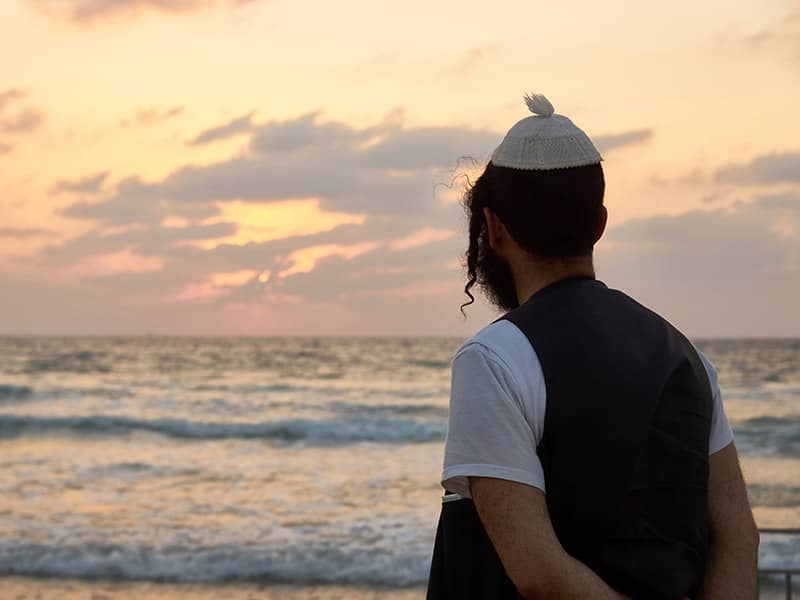These stories have been told in many languages: Hebrew, Greek, Aramaic, Latin, Yiddish and English. They've been told by every kind of Jew, and even by non-Jews, from almost every nation on the face of the earth. They are tales of a people on a journey looking for ways to confront the challenges that lay before them, and celebrating the victories that they experience along the way.
However, in American Jewish life, Hanukkah is often described as the story of the Jewish fight against assimilation. Judah Maccabee and his forces arose to defeat their Hellenistic persecutors. The underlying premise of this telling is the presumption of a pure Judaism struggling against external influences that would pollute it. Like most stories of the fight against assimilation, there is a false dichotomy between Judaism and the larger world in which the Jewish people live. The complexity and nuance that have always defined Jewish life in every age are removed from the story.
Ironically, Hanukkah, with its many tellings, preserves those nuances better than almost any other holiday in Jewish tradition. It celebrates a variety of ways to be Jewish - ways which have changed through the generations, the challenges, and the times. Whether in more recent history, when Jews felt distant from their homeland and early Zionists told the story in ways that emboldened them to return to the land, or in ancient times after the destruction of the Temple, when God felt very far away and the Rabbis told the story to help bring God back, our tellings of the Hanukkah story have invited new interpretations, questions, and meanings, each helping a generation of Jews rise to the challenge of its moment in history. In fact, the richness of Jewish tradition is its remarkable capacity to embody many forms of Jewish expression. Failing to recognize this on Hanukkah would be truly absurd.
While no one can say what Jewish life will look like in the future, we need to continue the oldest tradition of Hanukkah by inviting people to enter the process of creating that future. After 2,000 years of playing dreidel, a game of chance epitomizing the precariousness of Jewish life, we now have an unprecedented opportunity to play a new kind of game--one that reflects the blessings, challenges, and possibilities of this moment in American Jewish life.
Contrary to much in Jewish life, this is a game that everyone can play and everyone can win. Here is how it works:
Answer these questions by telling your own story, based on your own experience. For each question, try to find an answer that describes something you think of as typically Jewish, and a second that describes something you don't think of as typically Jewish. There are no wrong or right answers.
Bonus question: Is there something important in your life that you really wish was a part of what you usually think of as being Jewish?
The important thing in this game is not adding up the score, but taking part in it by answering the questions and sharing your own story. If you play, you win.

